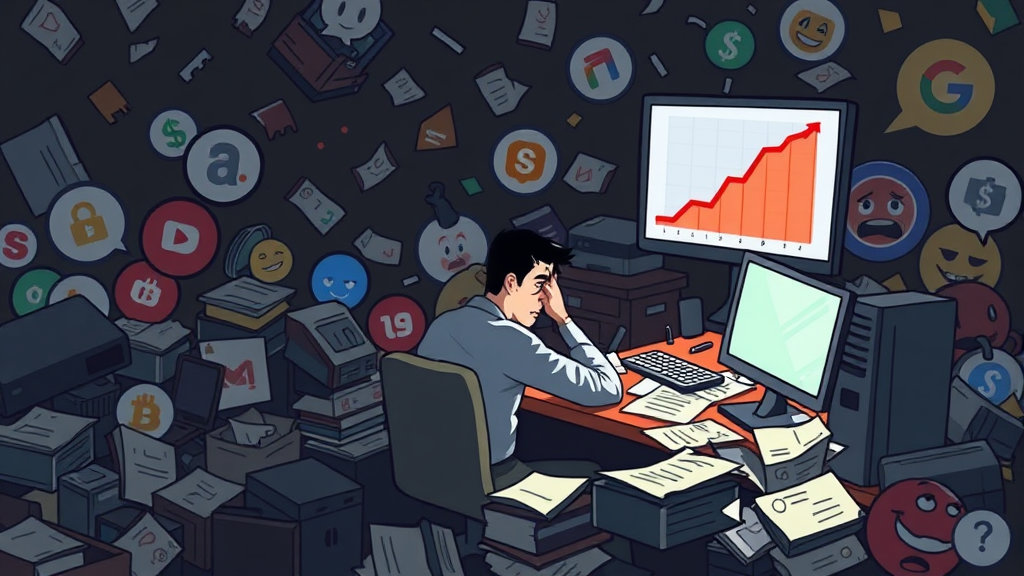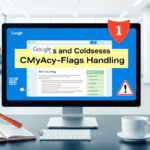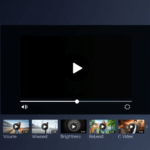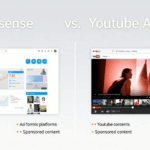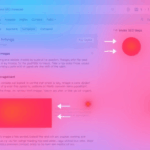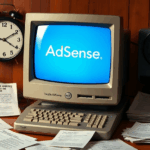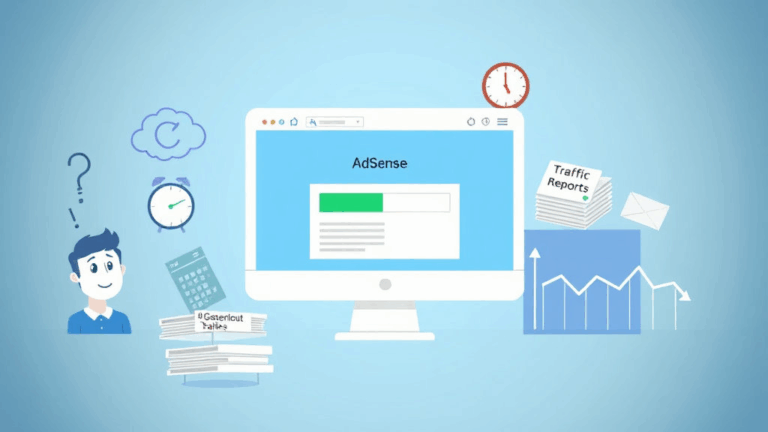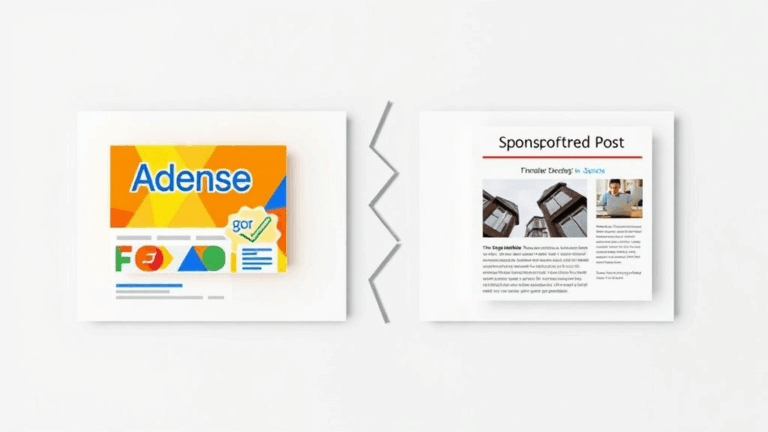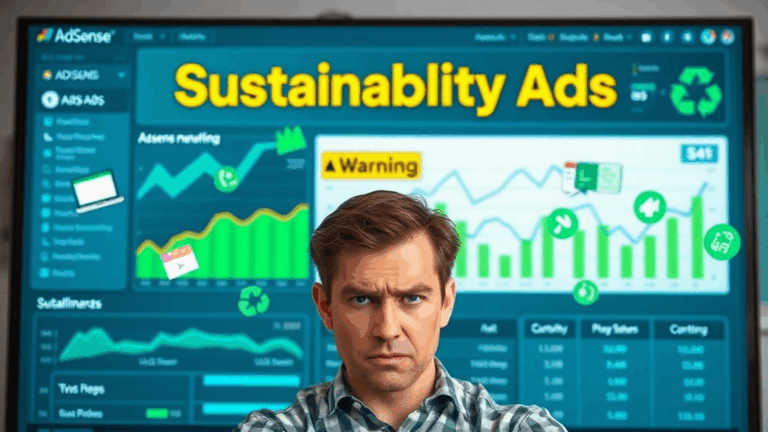What Broke When I Tried To Monetize Licensed IP With AdSense
Where AdSense Draws The Line on Licensed vs Original
If you’ve ever tried to monetize content based on known IP — say, a fan wiki for a comic universe or video essays on classic TV shows — you’ll run straight into AdSense’s fuzzy copyright detection. Their policies say “original content” must make up a substantial portion of your site. What they don’t say is how aggressively automation nixes things that aren’t technically infringing, but still feel too close to the source.
A few years back I helped stand up a fan-driven site dedicated to a now-defunct MMORPG. All lore was community-written, no assets lifted, all screenshots were user-submitted with heavy overlays. Within 36 hours of applying to AdSense: denied. Their email said “reused content.” No specifics, just that.
The logic flaw here is baked into their crawler, which mistakes high-ranking keyword clusters like character names or intense quote blocks as duplication — even if nothing is scraped. What’s worse? Once flagged, even removing the offending pieces may not reset the review unless you fully delete and republish from a fresh domain.
AdThrive Doesn’t Play Nice With Niche Licensed Sites Either
So I pivoted. Let’s try AdThrive! They’re known for better RPMs and usually more human-onboarding. Long story short: they were even more cautious. A friend who ran a retro animation essays channel with fair use excerpts and custom motion graphics was told they couldn’t join because of “brand adjacency concerns.”
Turns out, AdThrive (and Mediavine, really) want to avoid anything that even smells like potential takedown territory. Even if your license is legit. Even if you screen out red flags. Unless you have a fully signed IP partnership in place (and can prove it), it’s an anthill you’re not allowed to step on.
I saw their ad policy doc include a weird clause about advertisers requesting exclusion from “fan media” verticals, even those that are transformative. That seems undocumented externally — found it via a scrubbed snippet in their support portal.
What Happens When You Mix UGC and Licensed Metadata
Let’s say you’re hosting a database of board games — users submit reviews, you custom-write summaries, but the game images and titles clearly come from publishers. This hybrid model tricks both AdSense and most ad tech plugins.
I helped someone configure a custom auto-import setup that pulled titles and cover art from public catalogs (with approval), paired with user-written reviews. On some days the RPM spiked high — niche collector traffic. Other days: blank units. AdSense would randomly stop serving for specific carousel components. No errors. Just… nothing.
Digging into the network panel, I found that once the crawler detects repeated media-title pairings (across multiple review pages), it assumes scraping or unoriginal composition. You can’t override this with structured data or robots.txt. The only temporary workaround that actually worked: interleave enough unordered user content (comments, open ratings, etc.) ABOVE the media sections. It’s dumb, but nudges the parser.
Why AdSlot Behavior Changes After Licensing Notices
This was the weirdest behavior I saw: we had a user with fully working AdSense units on a game modding community blog. Google hits them with a content takedown for one post citing a DMCA from a publisher. They comply. Delete it. Clean slate, right?
Nope. Within two days, AdSense units across the entire domain — even on unrelated subpages — started throwing blank requests (204 No Content). Global drop in impressions, but no formal ban or dashboard alert. After about a week it reverted. Then next month it happened again.
The broken logic? AdSense doesn’t actually quarantine at the content level. When a licensed-authority DMCA passes through their crawler, it seems to tag the root domain’s quality score for a period. It’s like guilt-by-association cool-down. And as far as I can tell, there’s no appeal or re-review pathway unless you catch a rep during an open help session (don’t hold your breath).
The Copyright Metadata Trap in Accelerated Mobile Pages (AMP)
Oh man, this one nearly torpedoed an entire migration. I was helping a client move their long-form review archive to AMP templates. Problem is: structured metadata ended up being too accurate.
They included a “citation” field tied to review subjects — essentially the IP source, with full names, publishers, and ISBNs. Perfectly reasonable, right? Wrong. That metadata got scraped by AdSense’s AMP crawler, and suddenly the pages were considered commercial warez derivatives. No ads, zero monetization. Again, no direct error in console or logs.
The fix? We ended up swapping the citation field to an internal pseudo property like data-game-origin="referenced". All the same info, just non-semantic tags. Once that published: ads restored in 3 days.
Flipping the Script: Monetizing Around IP with Legally Adjacent Content
Alright, here’s what actually worked. We had a creator doing lore recaps from popular fantasy properties — but he stopped mentioning character names entirely. Instead, he titled each post with vague universal phrases like “The betrayal at the frost gate” or “An ancient demon rises.” SEO took an initial hit. But after six weeks, RPMs actually exceeded his earlier branded content.
AdSense loves gray-labeled narrative content. Doesn’t trip alarms. You’re not directly monetizing with or on the IP — you’re leveraging brand-adjacent vibes. Here are some patterns that weirdly worked for others too:
- Use code names or coined shorthand internally (e.g., “navpoint Z34” instead of “Death Star”)
- Reference genres, not titles — “heroic mecha pilots” not “Gundam”
- Convert screenshots to abstract silhouettes or stylized redraws
- Host fan essays under entirely original domains with non-fandom names
- Swap licensed character references to archetypes — “brooding rogue” vs “Batman”
It’s like writing fanfic for the algorithm. Keep the Googlebot convinced you’re inventive, even when your readers know the winks.
That Time Auto Ads Mislabeled a Quoted Line as Infringing
We had this weird moment where a blockquoted movie line inside an article got picked up by AdSense’s auto-ad logic as >50% duplicated content. The full article was 1500+ words. But because the quote was long and front-loaded, AdSense showed zero impressions for that entire post for 8 days. Then, it suddenly came back. No changes made.
The quote in question?
“I have come here to chew bubblegum and kick ass. And I’m all out of bubblegum.”
Makes no sense. But in the raw HTML, it was rendered before the main paragraph body. That might’ve tripped something on their indexing side. Since then, I’ve been pushing all quotes into collapsible divs if they’re sourced externally. It sucks. But whatever keeps the RPM alive.
Unintended Side Effects of Running AdThrive + AdSense Backup
There’s this unofficial technique of using AdSense as a fallback for AdThrive if inventory can’t fill. Usually managed via header bidding or waterfall slotting. Well — turns out that if AdThrive pauses or terminates a slot due to content review, AdSense doesn’t always pick it up as expected.
I had it happen on a page that contained indie game modding tutorials. AdThrive blocked it due to “unsupported file references,” whatever that means. Header bidding should’ve fallen back to AdSense. But it didn’t. Digging into the debugger, we saw a bizarre adsbygoogle.push({}) entry showing a null ad unit path — because AdThrive’s slot deactivation nukes the DOM class that AdSense expects to find.
This isn’t in any AdSense integration guides I’ve seen. Had to remap fallback logic manually using timer polling and dynamic slot rebuilding. Sloppy, yes, but at least the bottoms of the pages weren’t blank walls anymore.
